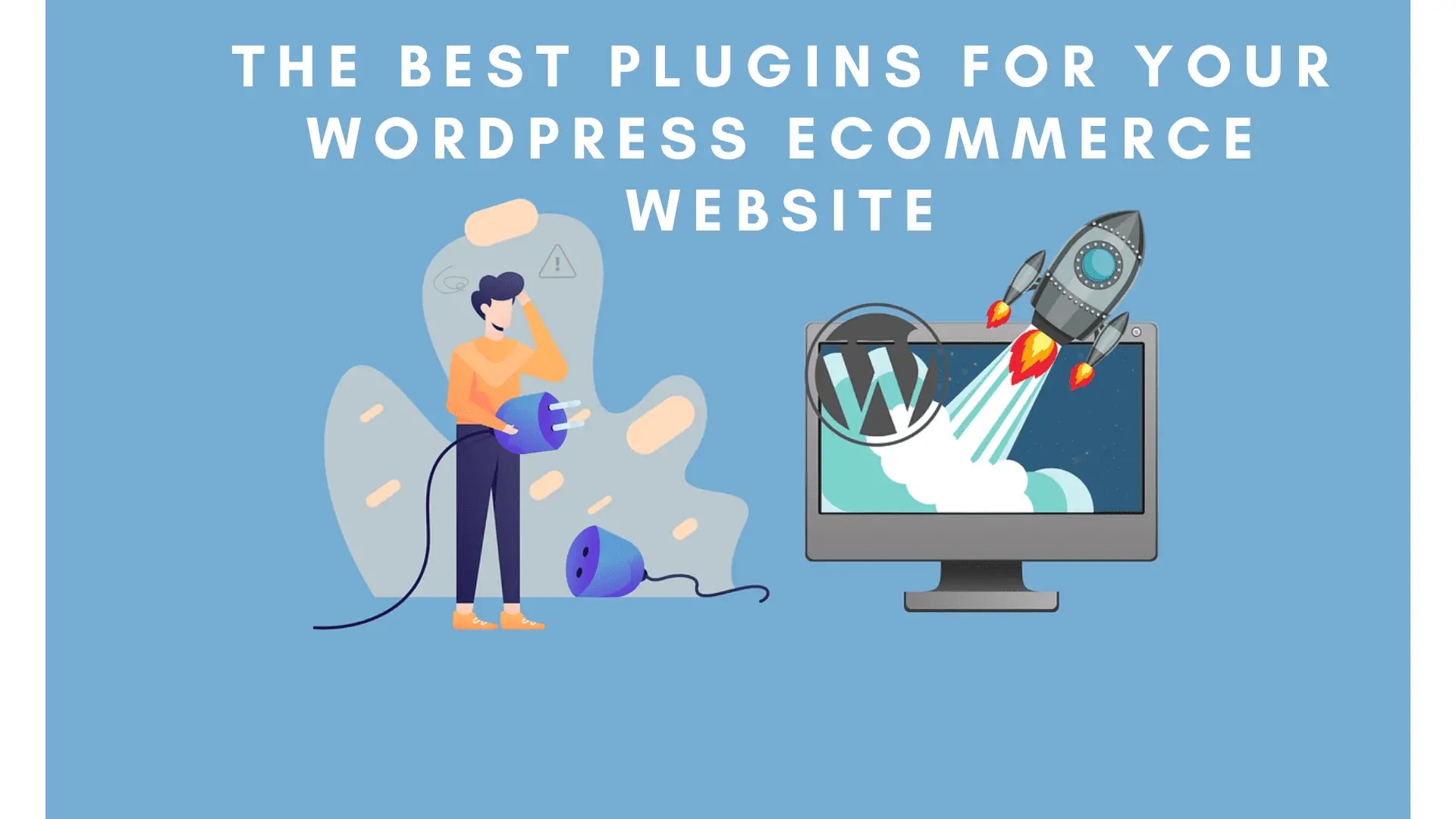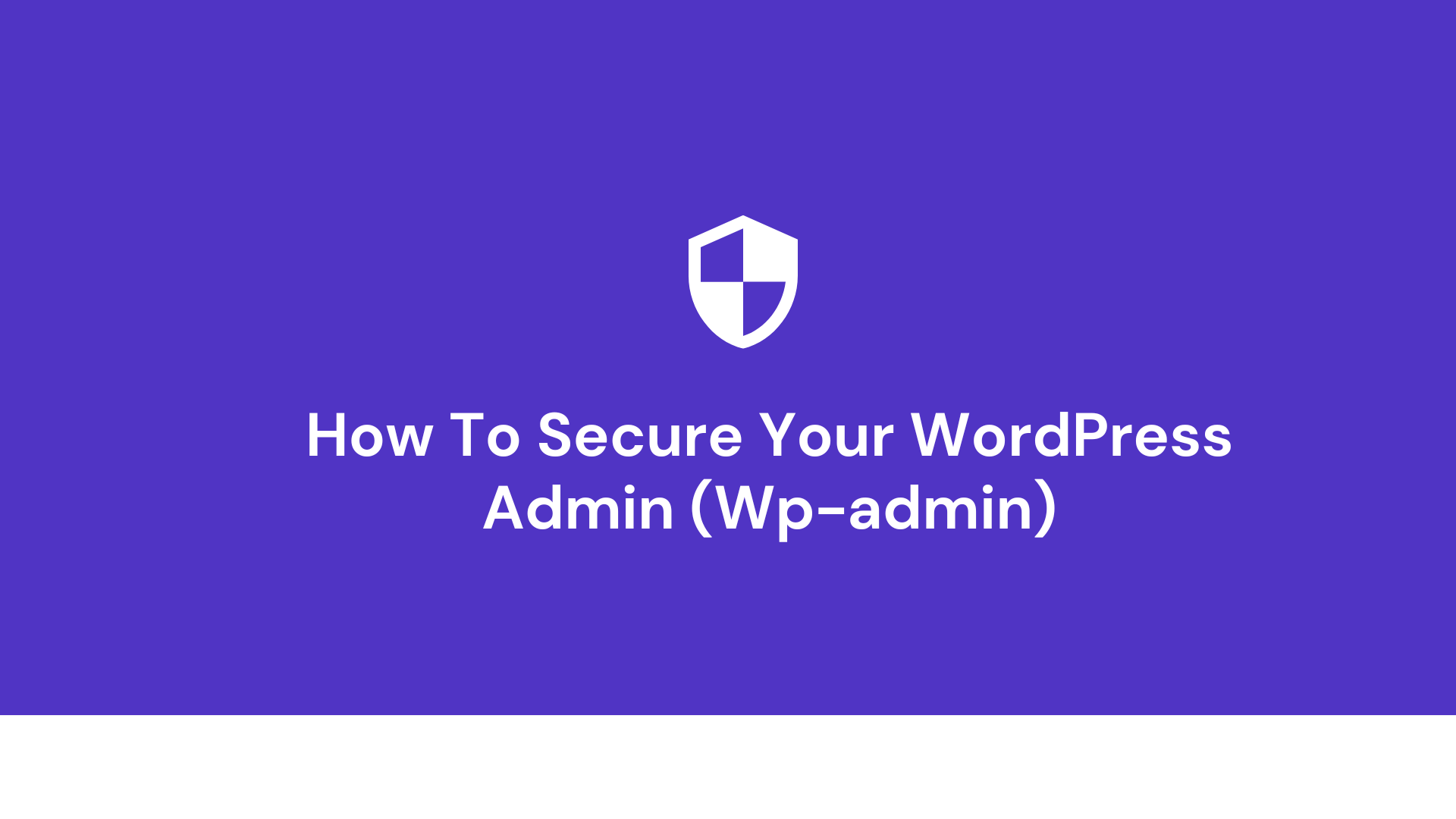
What You Need to Know While Choosing the Right E-commerce Plugin
Deborah
- 0
Launching an e-commerce website requires careful consideration of various factors, and selecting the right e-commerce plugin is crucial. We will explore the key factors you should consider.
Compatibility with Your CMS Platform
The most popular CMS for e-commerce websites is WordPress, which offers several e-commerce plugins like WooCommerce, Easy Digital Downloads, and WP eCommerce. Choose the one that seamlessly integrates with your CMS to maximize functionality and ease of use.
While considering various options, here are the features to evaluate:

- Scalability and Flexibility: As your online store grows, you may need additional features, payment gateways, or customization options. Ensure that the plugin can handle your future requirements and allows for easy expansion. It should offer a range of add-ons, extensions, and integrations to extend its functionality. The ability to adapt to changing business needs is crucial for long-term success.
- Payment Gateway Support: Evaluate the plugin’s support for popular payment gateways such as PayPal, Stripe, Authorize.net, and others. The more payment options available, the better. This allows your customers to choose their preferred method. Additionally, check if the plugin supports local or regional payment gateways specific to your target market.
- Product Management Features: Look for features such as easy product creation and editing, inventory management, categorization, product variations (e.g., size, color), product images, and SEO optimization options. The plugin should provide an intuitive interface that allows you to manage your products effectively without technical hurdles.
- Security and Performance: Ensure that the e-commerce plugin follows secure coding practices, receives regular updates, and has a reputation for robust security measures. Look for features like SSL support, secure payment processing, and compliance with relevant security standards. Additionally, the plugin should be optimized for performance to ensure fast page load times and smooth customer experiences.
- Customer Support and Documentation: A plugin should have an active support community, forums, documentation, tutorials, and user guides. This will be invaluable if you encounter any technical issues or need assistance with its setup and configuration. Good customer support can save you time and frustration in the long run.
- User Reviews and Reputation: Research the reputation of the e-commerce plugin by reading user reviews and ratings. Look for feedback on reliability, ease of use, compatibility, and overall customer satisfaction. User reviews can provide valuable insights into the strengths and weaknesses of a particular plugin and help you make an informed decision.
The Bottom Line
Selecting the right e-commerce plugin is crucial for building a successful online store. Consider compatibility with your CMS platform and a range of other features we have listed above. Carefully evaluate the available options, keeping in mind your business needs.


